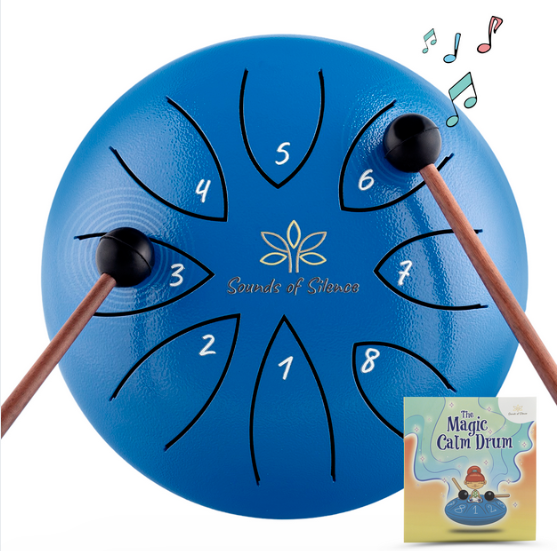Therapy Games for Kids: Turning Play into Emotional Growth
- Adit Bukai
- Oct 27, 2024
- 2 min read
Updated: Oct 28, 2024
For kids, playtime is more than just fun, it’s a way to learn and make sense of the world around them. Therapy games have become popular tools for teaching kids important skills like self-regulation, expression, and mindfulness. These games combine play with therapeutic benefits, helping children explore and manage their emotions in a safe, hands-on way.

Why Therapy Games Matter for Kids
Children naturally experience a wide range of emotions, but they often need guidance to understand and express them in healthy ways. Therapy games create a comfortable environment where kids can explore their feelings through interactive play. Whether it’s handling anger, calming down after a busy day, or managing anxiety, therapy games gently guide kids toward emotional balance—all while keeping them engaged and entertained.
Emma’s Magic Calm Drum: A Therapeutic Musical Game
One unique addition to the world of therapy games is Emma’s Magic Calm Drum. This isn’t just a musical instrument, it’s a complete activity kit designed to help children develop emotional skills in a fun, creative way. The drum’s soothing tones and easy-to-play notes make it simple for kids to create calming music, whether they’re feeling excited, frustrated, or anything in between.
The kit also includes a storybook about Emma, a character who learns to manage her own feelings with her “magic” drum. The story gently introduces self-regulation techniques, showing kids that they, too, can use music as a tool to navigate big emotions. It’s like therapy through play, helping kids feel more in control while having fun.
Why It Works
Emma’s Magic Calm Drum is so effective as a therapy game because it feels natural for kids. There’s no pressure or “lesson” to follow just the freedom to play, make music, and enjoy the story. Along the way, kids learn to recognize their emotions, practice self-soothing, and gain confidence in managing their feelings.
So, if you’re looking for a game that combines emotional growth with musical creativity, Emma’s Magic Calm Drum is a wonderful option. It’s a playful way to turn therapy into something kids look forward to, all while building important skills that can benefit them for a lifetime.



Comments